The Waste Environmental Education Research Trust has passed the tenth anniversary of its partnership with Cambridge University for training and cutting-edge research in waste remediation using bacteria, writes Professor Christoper Howe. The partnership is a collaboration between the Trust and the laboratories of Professor John Dennis in the University’s Department of Chemical Engineering and Biotechnology, and Professor Christopher Howe in the Department of Biochemistry.
The project began with the Trust (then the Environmental Services Association Education Trust) supporting the work of a PhD student, Robbie Pott, who studied the ability of a widespread bacterium to grow on glycerol (generated as waste product from biodiesel production but contaminated with a number of toxic compounds) and make useful products.
The bacterium used is a widespread one, Rhodopseudomonas palustris, which is found around the world in sediments in ponds and marshes (hence ‘palustris’, from the Latin palus, meaning marsh) and is known among microbiologists for its ability to metabolise a wide range of compounds, and its resistance to a range of toxic molecules that would kill most bacteria used for waste processing.
Sunlight
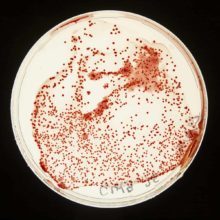
As well as deriving energy from growing on waste compounds, it can derive additional energy from sunlight. Robbie Pott’s initial experiments showed the ability of the bacterium to make hydrogen when growing on waste glycerol, and how it could be helped to resist the toxic molecules contaminating the glycerol.
Following his PhD, Robbie Pott returned to his native South Africa, initially to a prestigious Claude Leon Fellowship at the University of Cape Town, and then to the Department of Process Engineering at Stellenbosch University. He is now a Senior Lecturer there, running his own laboratory carrying out research in bioprocess engineering, and with applications across waste remediation, biofuel production, and biorefining.
Waste streams
The project has continued to expand, with continuing financial support from the Trust, and an agreement set up with the University under which a share in the profit from any commercial application of the work can be returned to the Trust to support its charitable goals. The focus has shifted to exploiting the bacterium to grow on other waste streams, including anaerobic digestate, a range of sugars, and compounds found in animal waste such as farm slurry. The Cambridge team has developed methods for genetically modifying the bacterium. This allows them to study how the organism responds to particular waste molecules, and how it might be modified to grow on molecules it does not normally use.
This approach should also allow the team to modify the organism to make new products that it does not normally make, and higher levels of existing ones. They have also studied the possibility of harnessing the organism to generate electricity directly when grown on waste streams. This is the same technology used with other bacteria in ‘microbial fuels cells’, which have received a lot of interest for their possible applications in sewage treatment.
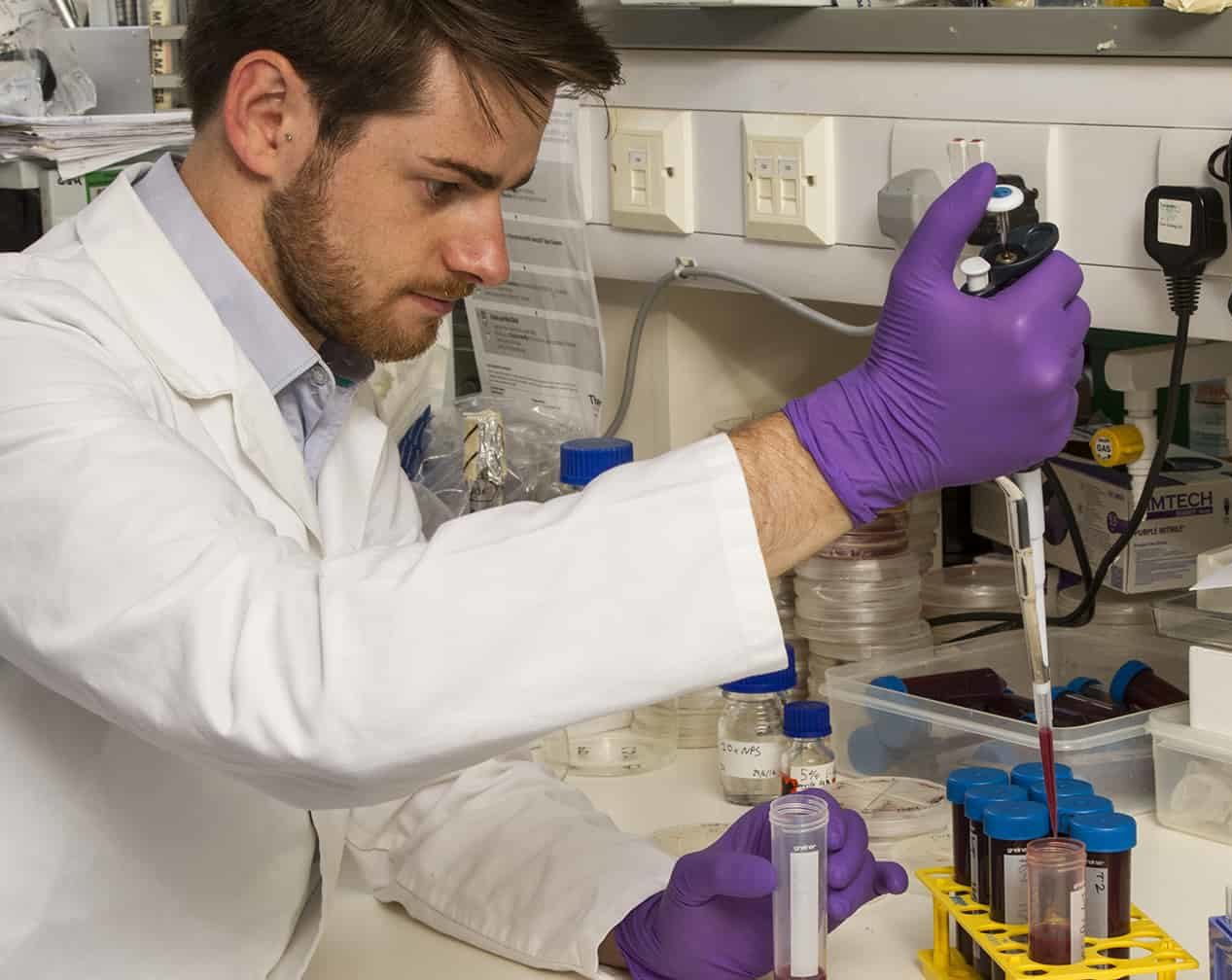
Collaboration
The Cambridge team continues to work in collaboration with Robbie Pott in South Africa, and they are particularly interested in trying to use Rhodopseudomonas for processing human waste generated in the informal settlements there. They are also working with scientists in Mumbai, India, who are able to make very detailed measurements of how different molecules are interconverted inside the bacterium. In turn, this will help them to predict how it will respond to exposure to new chemicals.
“The collaboration between Cambridge and WEERT is producing more highly trained scientists”
As well as helping the scientists to develop ways of using the bacterium for waste processing, the collaboration between Cambridge and WEERT is producing more highly trained scientists.
David Lea-Smith, who worked in Cambridge on the project as a postdoctoral researcher was appointed in 2017 as a Lecturer in Microbiology at the University of East Anglia. He has established his own research group, studying a range of industrially important microorganisms. David continues to collaborate with his colleagues in Cambridge and Stellenbosch, and in turn is training a new generation of PhD students.
Biotechnology
Jack Hervey, another student funded by the Trust in Cambridge was recently awarded his PhD for his work on manipulating Rhodopseudomonas to make novel compounds of potential biotechnological interest. He is now doing postdoctoral work in the laboratory of Dr Alexander Taylor in the Cambridge Institute for Therapeutic Immunology and Infectious Disease (CITIID), within the Department of Medicine in Cambridge, developing novel chemical technologies for targeting human diseases, including COVID-19 and a range of cancers. Two other students supported by the Trust, and working in Cambridge on Rhodopseudomonas, are at different stages in their PhD work, Clayton Rabideau and Joel Collins.
The investment by the Trust in the program at Cambridge has not only allowed important scientific advances to be made in understanding an important biotechnological organism, but it has also fostered a new generation of expertise in microbiology and its application to waste processing and remediation.
FOR MORE SPECIAL REPORTS, CLICK HERE





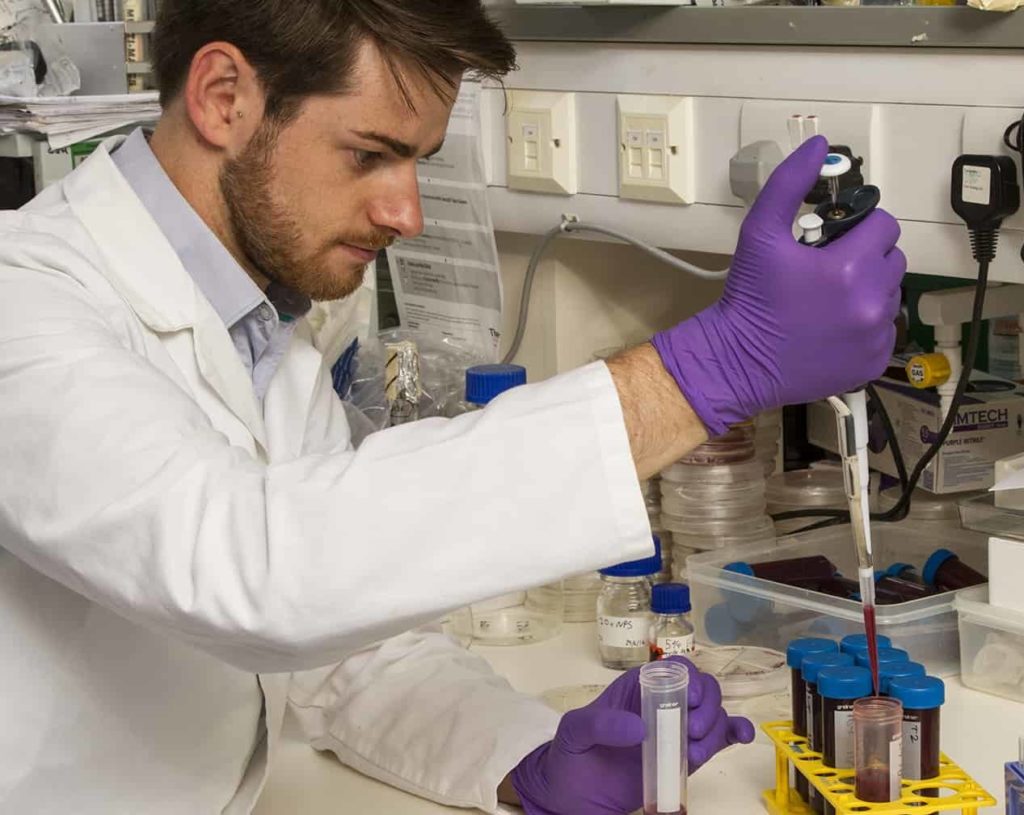

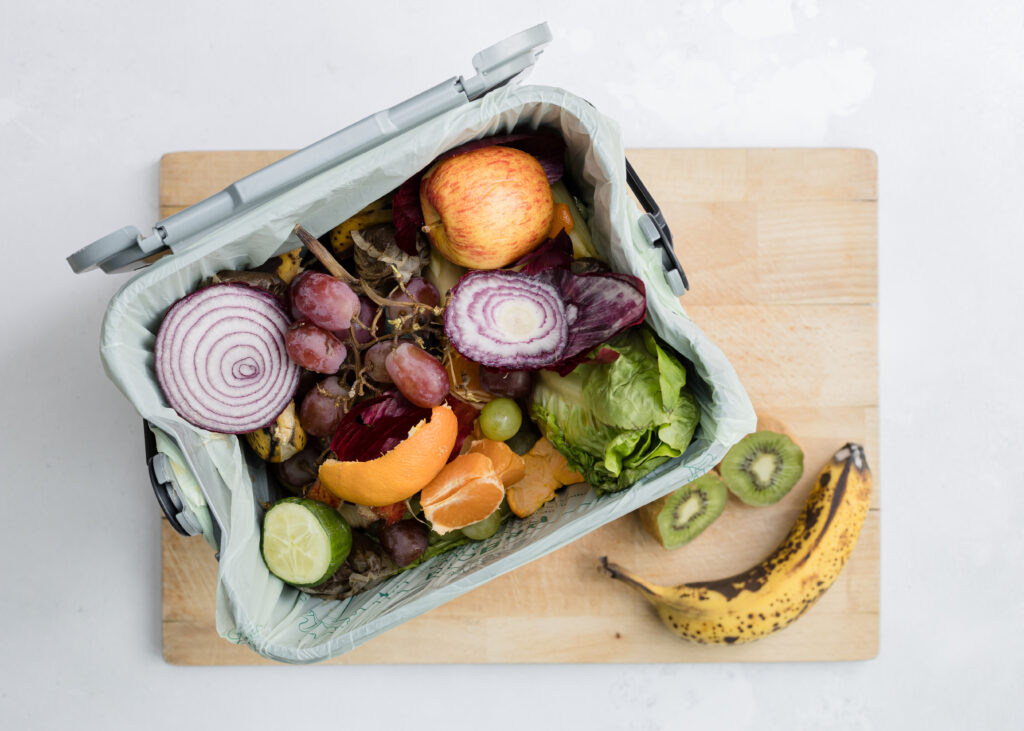

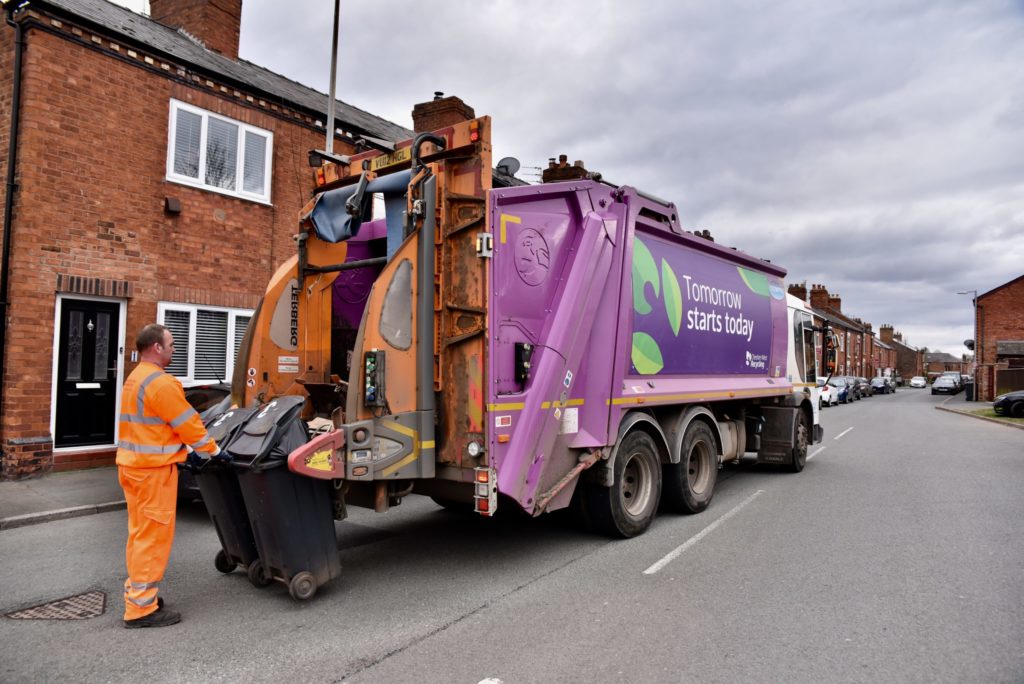


Subscribe for free